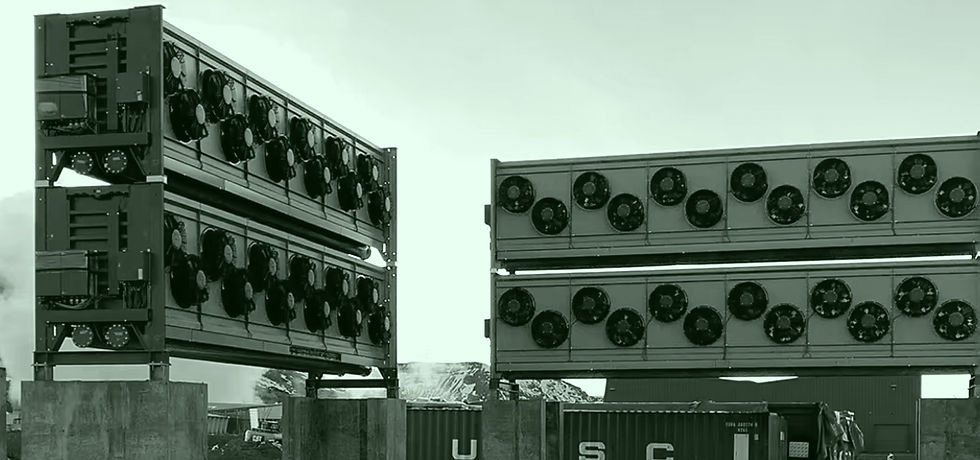Bill Gates-backed fund expects to invest $15 billion in tech to reverse climate change
- Jon Shieber
- Jan 10, 2022
- 2 min read

Working alongside governments in the U.S., European Union, and the United Kingdom, the Bill Gates-backed Breakthrough Energy Catalyst initiative expects to spend $15 billion on tech to help nations reach their net zero emission targets.
That's the word from Jonah Goldman, a managing director at Breakthrough Energy Catalyst, who spoke about the organization's plans recently to the Financial Times.
The investments will come from the firm's own $1.5 billion in holdings alongside investments from governments and corporate partners like American Airlines, the European steelmaker ArcelorMittal, the automaker General Motors, and the tech giant, Microsoft.
“We’re really trying to demonstrate which of the technological pathways are going to be most effective,” Goldman told the FT in an interview.
In some ways, the Breakthrough Energy Catalyst initiative could be funding projects that prove out technologies developed by portfolio companies of its related organization -- Breakthrough Energy Ventures.
That firm has invested in companies like the nuclear fusion developer Commonwealth Fusion Systems (where FootPrint Coalition is also an investor) and in new technologies designed to produce or use zero-emission green hydrogen gas, store energy more effectively, directly capture carbon dioxide from the atmosphere, or make new sustainable jet fuel.
The Catalyst fund could back companies making new technologies, donate money to those businesses for new research, or serve as a first customer for the products and services that some of these companies could develop.
Since these are very new technologies, the risk associated with being a first customer is often too high for traditional businesses. That's why Breakthrough Energy Catalyst would step in to provide early cash that could potentially keep some of these businesses afloat.
One example that the FT used was the development of a refinery for sustainable aviation fuel. The technology exists to make net-zero aviation fuel, but it's still more expensive than fossil fuels.
“There’s six different ways to do sustainable aviation fuel, and we know they all work and they all have different challenges,” Goldman told the FT. “We just need to build a bunch of them to see where we’re able to get the green premium reductions, through things like engineering learning.”





Comments